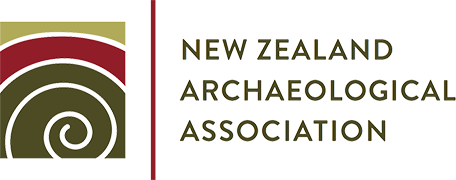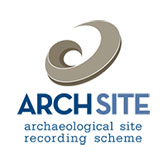Climate change is one of the most significant and growing threats to communities and their cultural heritage worldwide.
Impact of Climate Change on Cultural Heritage
- Policies
- Member Consultant Directory
- Membership Benefits & Fees
- Join NZAA
- The Walton Fund
- The Walton Fund – Previous Successful Applicants
- Publication Grants
- Impact of Climate Change on Cultural Heritage
- Awards
- Previous Award Winners
- Membership Code of Ethics
- Membership Privacy Statement
- New Zealand Membership Application
- Overseas Membership Application
- Institution Membership Application
- Lifetime Membership Application
Climate change is causing major changes in our environment and resulting impacts on our cultural heritage including historical sites, toanga and traditions that are important to our identity and history. The effects of climate change are already being observed in Aotearoa with sea-level rise and the associated effects of storm surge, flooding and erosion posing the most significant risk to the ongoing protection of heritage sites.
The majority of these sites are located near the coast because of the historical settlements and reliance on coastal resources. This is especially concerning for Māori archaeological sites, as they hold a unique and vulnerable heritage for Tangata whenua.
Cultural heritage also has a positive role to play in addressing climate change. The archaeological record is filled with valuable information about past populations, past environments, and adaptive responses to changing climates and new environmental conditions. Coupled with climate modelling, ecological reconstructions and mātauranga Māori (indigenous knowledge), archaeology can provide researchers with viable, sustainable, and resilient adaptation responses and find ways to tackle climate change today.

New Zealand Archaeological Association’s Position
The NZAA and archaeological community has for some time been concerned about the vulnerability of archaeological sites, primarily caused by the exacerbation of coastal erosion and inundation through rising sea levels and increasing frequency and severity of storm events. Coastal survey, monitoring, assessment, and research has been undertaken by various practitioners and organisations, however, there is no coordinated national approach to understand and address the effects of climate change on cultural resources.
NZAA also supports attempts to manage and reduce the rate of loss of heritage and information. Inaction and reactive responses will result in the loss of significant heritage sites and places, the potential for developing our understanding of the past, and the tangible connection to our unique history that these sites provide.

NZAA Climate Change and Cultural Heritage Strategic Plan
In 2021 the NZAA developed a Climate Change and Cultural Heritage Strategic Plan to focus our response and support immediate action. The strategic plan aims to enact the below mission statement and to aid in the coordination and focus of climate action, response and improve wider awareness and appreciation of cultural heritage. To
implement the plan, objectives and goals have been set out.
Mission Statement:
The NZAA are committed to encouraging and undertaking research to understand the implications of and methods to proactively address the impacts on climate change on cultural heritage resources. The NZAA will work with tangata whenua and the heritage sector to build greater cooperation and collaboration to respond to climate change and minimise the loss of archaeological sites and information. The NZAA will also advocate for the recognition and protection of cultural heritage across New Zealand and the contribution of cultural heritage resources to address climate change.


NZAA Climate Change and Cultural Heritage Network
A national networking forum for relevant and interested parties to share projects and resources to improve collaboration. Facilitate discussions and identify advocacy and funding opportunities.
Resources
Manatū Taonga Climate Change Risks and Adaptation tools for Aotearoa New Zealand Cultural Heritage




